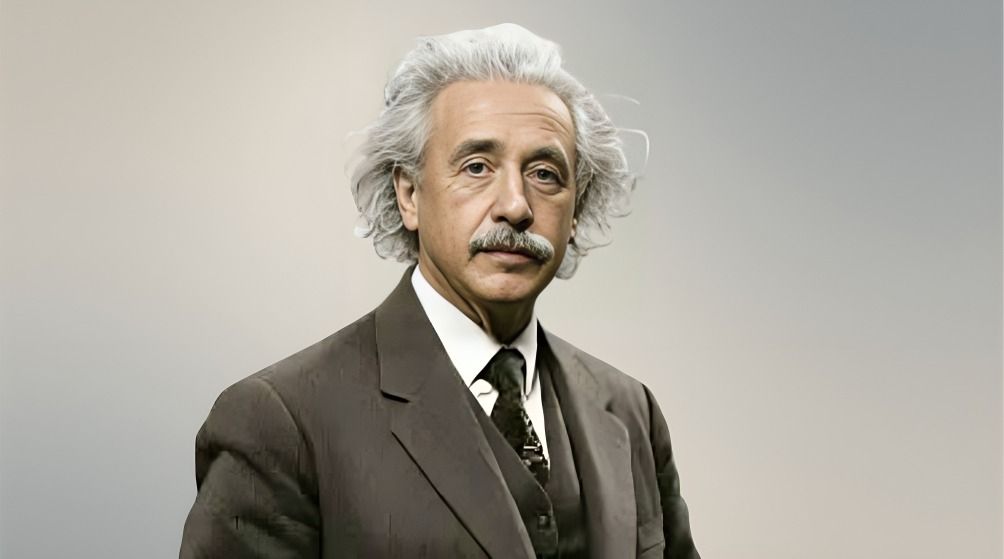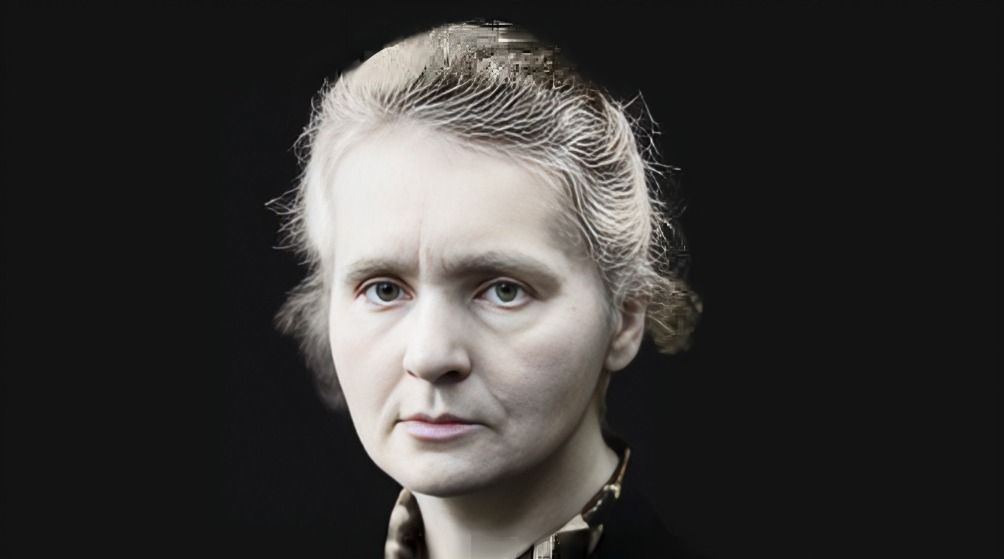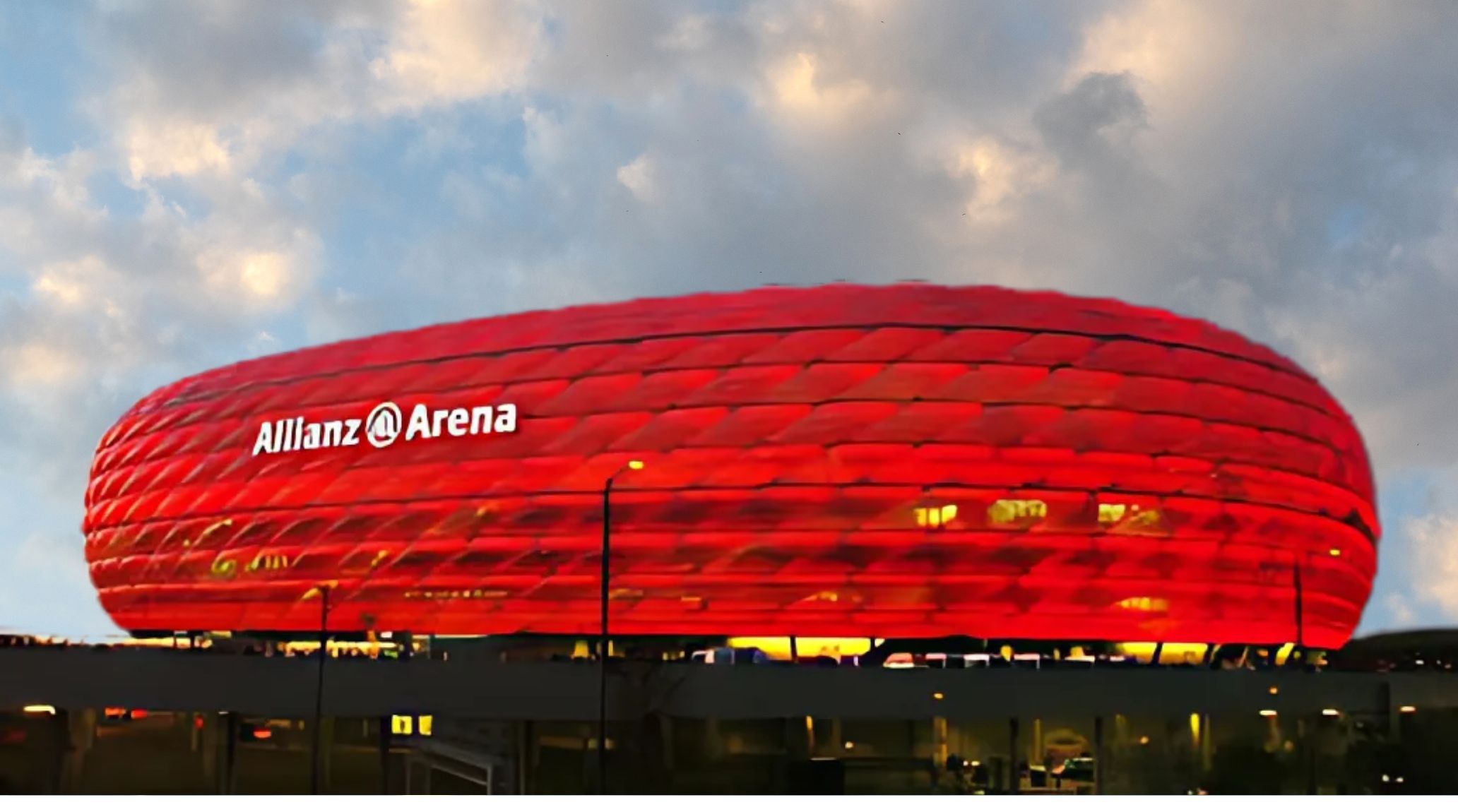
“
Allianz Arena is one of the most iconic football stadiums in the world, known for its stunning architecture and unforgettable atmosphere. Located in Munich, Germany, it serves as the home of Bayern Munich and hosts some of the biggest matches in European football. While its striking exterior often steals the show, there are many captivating facts about Allianz Arena that reveal the fascinating details behind its design, history, and impact. In this blog, we’ll uncover 20 captivating facts about Allianz Arena, giving you a closer look at why this stadium is truly a marvel of modern sports architecture.1
1
”
Allianz Arena in Munich is known for its striking, inflatable exterior, made up of 2,760 inflated ETFE plastic panels, which allow the stadium to change colors depending on the event or occasion. 1
The stadium’s seating capacity is 75,000 for domestic matches, but it can accommodate up to 70,000 spectators for international games, making it one of the largest football venues in Germany. 2
Allianz Arena, home to Bayern Munich, opened in 2005 and replaced the old Olympic Stadium, offering a more modern and fan-centric experience, tailored to the growing popularity of the club. 3
The unique facade of Allianz Arena is capable of producing a full spectrum of colors, with red being used for Bayern Munich's matches, blue for 1860 Munich, and white for neutral events like national games. 4
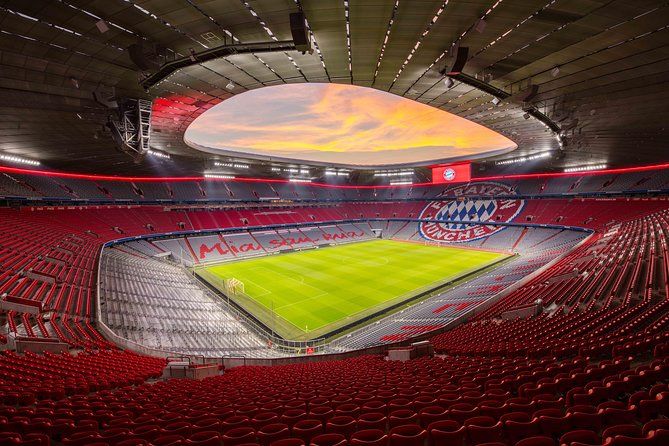
Allianz Arena’s construction cost around €340 million, and its design by Herzog & de Meuron was selected after a global competition to create a stadium that would symbolize the future of football architecture.
The stadium is located in the north of Munich, and its design allows it to be visible from far away, with its glowing facade making it a landmark that is easily recognizable at night. 5
Allianz Arena was the venue for the 2012 UEFA Champions League Final, where Bayern Munich faced Chelsea. Despite dominating the match, Bayern lost in a dramatic penalty shoot-out, leaving a bittersweet memory. 6
The stadium has also hosted key international matches, including games in the 2006 FIFA World Cup and 2012 UEFA Champions League Final, proving its global status as a world-class football venue. 7
Allianz Arena's unique design has led to its inclusion in many lists of the world’s most beautiful and innovative stadiums, praised for both its functionality and aesthetic appeal. 8
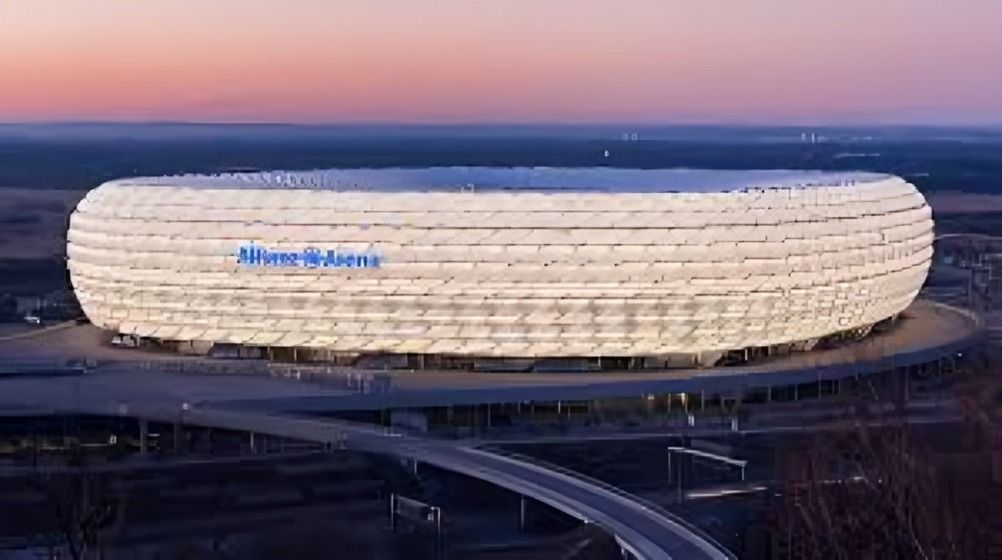
The stadium’s structure was built with sustainability in mind. Its translucent panels allow for natural light during the day and are energy-efficient, reducing the overall environmental impact of the venue.
Allianz Arena was the first stadium in the world to feature the innovative inflated ETFE material, and its cutting-edge technology inspired the design of other stadiums built after it, including the 2008 Beijing Olympic Stadium. 9
The opening match at Allianz Arena was held on May 30, 2005, between Bayern Munich and 1860 Munich, and it was celebrated as a momentous occasion for both clubs, ushering in a new era of football in Munich. 10
Allianz Arena has become synonymous with Bayern Munich’s successes. The club has won numerous Bundesliga titles and UEFA Champions League trophies, with many of these victories being celebrated in front of packed crowds at the arena. 11
The stadium also hosts various non-football events such as concerts, including performances by global superstars like U2 and AC/DC, expanding its reach and appeal beyond just sports fans. 12
The stadium is often referred to as the "cathedral of football" by its fans due to its modern and awe-inspiring design, which elevates the matchday experience to a near-spiritual level for many supporters. 13
Allianz Arena is home to the FC Bayern Munich Museum, which showcases the club’s rich history and incredible achievements. It includes trophies, memorabilia, and interactive displays dedicated to Bayern’s legacy. 14
The stadium’s seating bowl is configured to ensure that no seat is far from the pitch, with steep stands that maximize the atmosphere and help fans feel closer to the action, increasing its intensity. 15
Allianz Arena has become a symbol of Munich's commitment to sports, modernity, and innovation, standing as a testament to the city's desire to offer the best football experience for its fans and visitors. 16
The design of Allianz Arena emphasizes fan experience with numerous facilities such as modern VIP lounges, family zones, and an extensive underground parking lot, ensuring convenience and comfort for everyone attending events. 17

